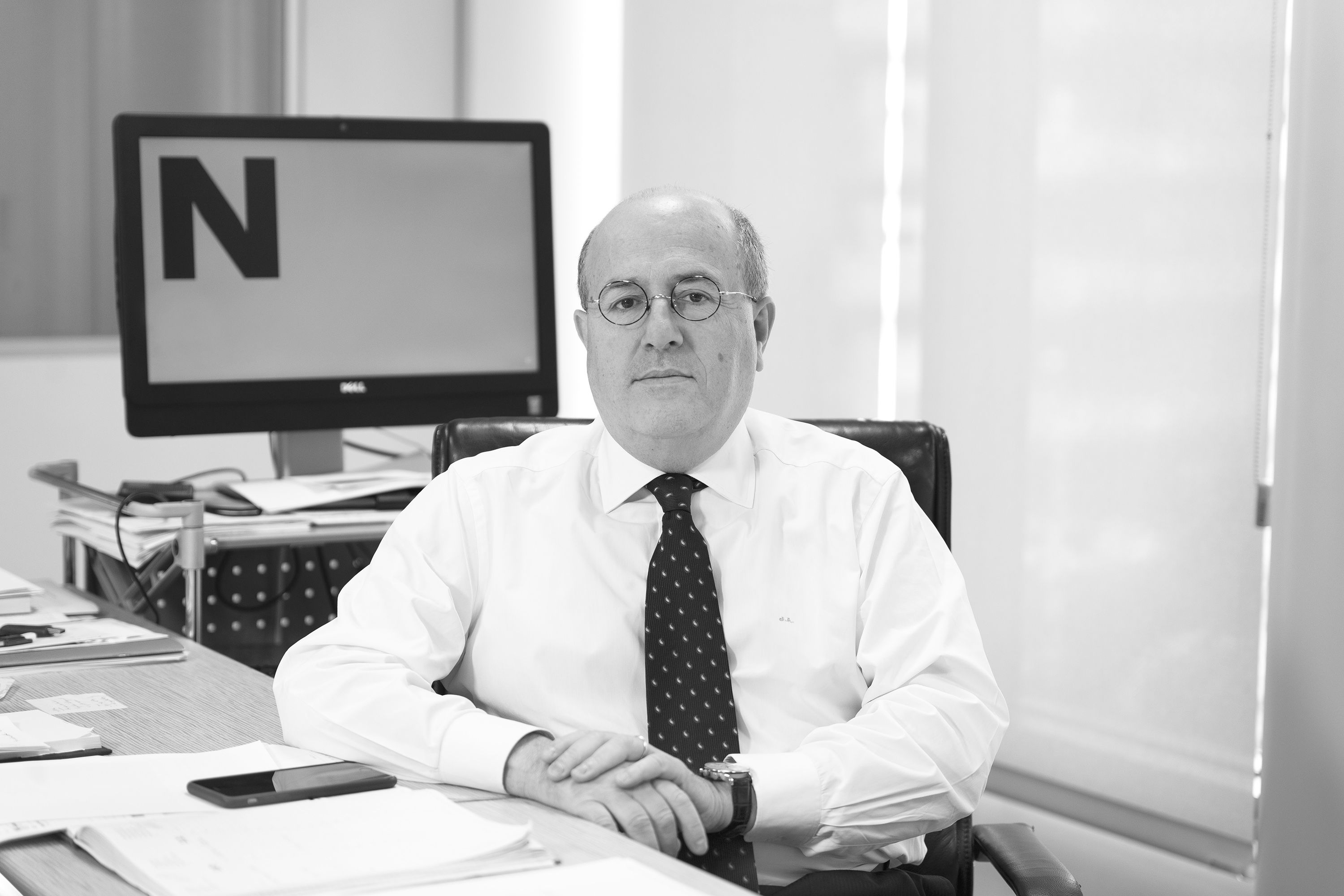Tuesday marks the 43rd anniversary of the death of the dictator Francisco Franco in El Pardo palace. The 18th July regime ceded the post of head of state to king Juan Carlos and the period of the parliamentary monarchy started. It wasn't a break, rather a smooth reform: the right from that time took refuge basically in four areas: judiciary (judges and prosecutors), defence (military, police and civil guard), senior civil service (from state lawyers, to specific bodies within the state's administration which have passed from generation to generation) and businesses regulated by the government (banks, power companies and some construction firms). They were hundreds of thousands of strategic pieces who camouflaged themselves amid the change that took place which allowed at most change in the government and the modernisation (basically, infrastructure) of the country.
The so-called sociological Francoism seemed to have evaporated just like that. Everyone interpreted it that way for decades, but it was a mistaken view. Certainly, Catalonia has been the first place which has seen Francoism reborn from the ashes and put an end to its lethargy since 1975. Article 155, the dismissal of the Catalan government, the control taken of the Mossos and the Catalan institutions at the hands of the PP government and the months that arose from this unheard of situation, allowed by Ciudadanos and PSOE, all made the presence of Francoist and fascist symbols in the streets of Catalonia a common occurrence. Now, PP and Cs are confused with the far-right of Vox, Madrid's newspapers publish prayer requests for the souls of Franco and José Antonio, the Francisco Franco Foundation is considering opening a delegation in Barcelona or Tarragona...
On Saturday evening, there was even a march from Madrid to the Valle de los Caídos. It wasn't that its fascist aesthetic was worrying, it's that it was literally scary. The far-right has returned on the back of a xenophobic rhetoric and a totalitarian Spain, not very different to the one proposed today by the PP and Cs. The PSOE government, meanwhile, is trying to move the dictator's tomb from the Valle de los Caídos to somewhere less easily visited. But it's doing so in such a crude way that it's drawn a denial from the Vatican (something it never normally does) to deputy prime minister Carmen Calvo and runs the risk of ending up with the dictator in Almudena cathedral, in the centre of Madrid.
After many decades without talking about Franco, the dictator has reappeared, his sympathisers are in the streets and Spain has entered into a phase in which the collapse of its institutions does nothing but give the far right a boost. And its democracy has entered into a phase where it's being questioned in many places around Europe. There was another path, obviously, but they didn't want to take it, as they cheered ministers who were singing El novio de la muerte and they applauded the imprisonment of honourable people in Catalonia.

